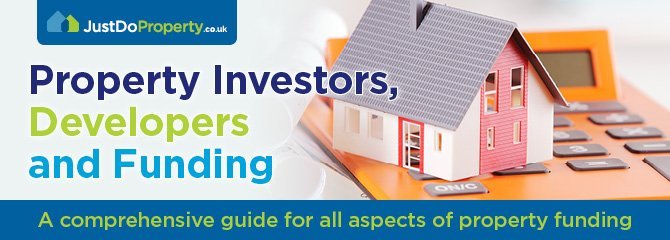
If you have already established an impressive residential property portfolio, you may be looking to diversify your assets, especially post-Brexit.
So could commercial property investment be an option?
While it’s true that there is a substantial leap in the money involved when investing in commercial versus residential, there are ways to get onto the ladder through smaller retail spaces for example, before working up to venturing into larger properties. In fact, private investors currently own an estimated 12 per cent of the commercial property in the UK. The British Property Federation notes that the value of the UK’s commercial property stock totalled£787 billion in 2014, a 15 per increase year-over-year. This can largely be attributed to the fact that around this time, the economy was well on the way to recovery, and businesses were opening doors for trade once more.
Commercial property covers retail and office buildings, industrial real estate, leisure establishments and hotels, and other “miscellaneous” properties like garages and lock-ups. It can be a vastly different landscape from the residential sector – so could it be right for you? There are a few things you’ll need to think about when weighing your options…
You’ll need a substantial deposit
This asset class means bigger buildings, and therefore bigger financial requirements. Some lenders may enable you to borrow 75 per cent of the property’s value, but given the high price tag of many commercial premises, you’ll still need to raise a substantial amount for the down payment. This is where it can be beneficial to move from residential to commercial, as you may have already enjoyed some financial success in this area that can help you buy into this market. Investing with partners via a joint venture can also help you raise the necessary capital.
There are many sub-markets
Looking at commercial real estate as a whole, retail spaces account for 43 per cent of the total value of this sector (2014), and the other two key sectors are commonly listed as being offices and industrial space. Location is key, as there is over 7.35 billion sq. ft. of commercial property floor space in the UK. As the stakes are higher with commercial investment, you’ll need to do a great deal of due diligence, ideally with the assistance of an investment firm that works in this area. This will help you narrow down not only the geographic factors, but also which sub-market would best suit your goals and financials, be it retail, hospitality, or industrial, for example.
Think about flipping
While buy-to-let has become a dominant trend of the private residential sector in recent years, with commercial real estate, there’s very much still the opportunity to buy below value, do up a property, and generate profit through resale. The success of this all comes down to timing, your budget to complete the renovation and of course location, but for those who manage it well, the profits can amount to millions in a relatively short space of time.
Think about occupancy rates
While residential properties are of course prone to vacant periods, a commercial space lying empty can have more serious financial repercussions. A commercial property left vacant for an extended period of time is often subject to vandalism and arson, the extent of which can potentially wipe out your investment completely. It can also be harder to find tenants, and the economic state plays a much larger part in the viability of being able to let to a business, compared to renters who simply need somewhere to live. However, there are ways you can stay ahead of the game; there are online portals on which investors can list space and business owners can find space, which can help you find even short-term tenants if necessary.
Mitigate risk
Considering things like potential damage to your property and vacancy rates, you should work in the cost of things like insurance into your totals when calculating your investment. If your tenants aren’t able to pay the rent, or your tenants leave the shop, restaurant or other premises in dire condition, this will curb your cash-flow substantially. Do you have a contingency plan should this happen? What about an exit strategy? What can be done to lower the chances of this damage being done in the first place?
Ensure the building is fit for purpose
Finally, make sure the building has passed all of the necessary safety inspections, as failing to do this before you buy means it will lie empty. You’ll have money going out to conduct these checks and make any necessary repairs, but you won’t have any money coming in, resulting in an immediate loss. Particularly in older, industrial-use buildings, damp and asbestos may be present if not immediately obvious, so you should instruct conveyancers to do a full check and ensure you are ready to buy.
FJP Investment is a team of investment specialists sourcing a wide range of investment opportunities both in the UK and overseas. Products include the recently launched property investment bond.
- Selling a House in a Trust After Death: What You Should Know - April 18, 2024
- Maximising Your Home’s Potential: The Ultimate Renovation Checklist - April 16, 2024
- Key Tips on Managing Your Property Portfolio - April 16, 2024



